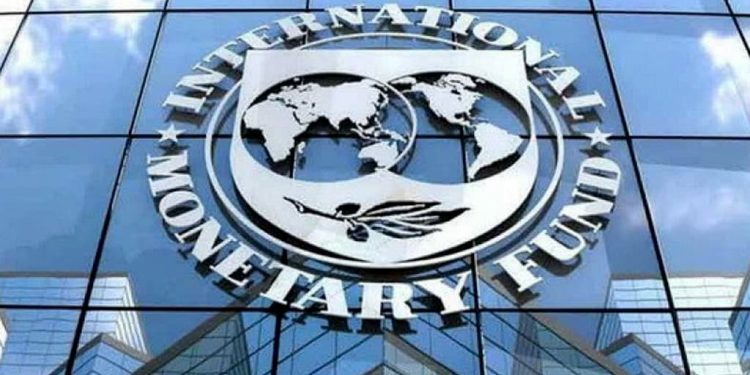
As the nation works towards its 2025 budget, which will be presented in March, the International Monetary Fund (IMF) is expected to start crucial talks with the government this week.
The administration intends to eliminate important tax lines, such as the controversial COVID-19 charge, betting tax, and E-levy, thus the negotiations take place at a critical juncture.
These levies, established by the previous government to enhance domestic revenue, have received strong resistance from businesses and residents.
With Ghana participating in a $3 billion Extended Credit Facility (ECF) program supported by the IMF, the fund is anticipated to examine how these suggested tax cuts fit into Ghana’s efforts to achieve fiscal consolidation.
The IMF will be looking for guarantees that the elimination of these taxes won’t jeopardize revenue goals or impede Ghana’s economic progress.
In addition to revenue issues, the government is facing pressure to pay off Ghana’s growing energy sector debt, which has significantly strained public coffers.
The liabilities of the sector, projected to reach $2 billion, continue to undermine the stability of electricity producers and the broader economy. Independent Power Producers (IPPs) have regularly warned of potential supply disruptions if the government fails to settle outstanding arrears.
More
Since the government needs a significant amount of foreign exchange to fulfill its payment obligations to power producers, the energy sector’s financial difficulties have contributed to the depreciation of the cedi.
The IMF will be pushing for concrete measures to address the structural inefficiencies in the energy space, improve cost recovery and ensure a sustainable financial framework for the country’s energy industry.
Government is expected to present a clear roadmap to the IMF, outlining how it intends to offset revenue losses, settle energy sector debts and sustain macroeconomic stability while implementing these tax reforms.
The outcome of the engagements will be closely watched by investors, businesses and multilateral partners as Ghana seeks to strike a delicate balance between fiscal prudence, economic growth and energy sector stability.



